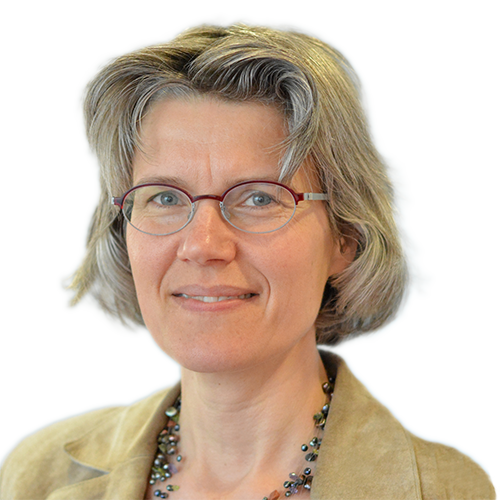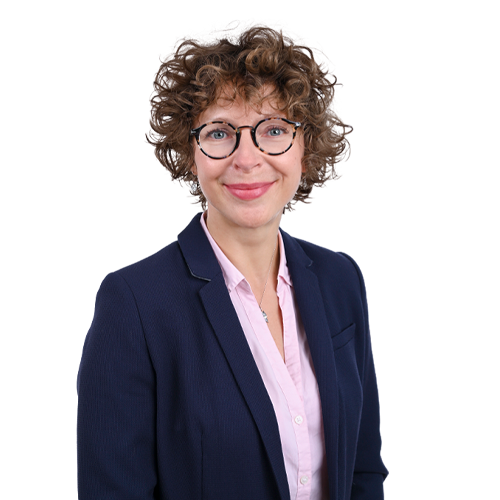Data-driven control and prioritisation of non-EU-regulated contagious animal diseases
Farmers, veterinarians and other animal health managers in the livestock sector are currently missing information on prevalence and burden of non-EU-regulated contagious animal diseases. They are in need of adequate tools for risk assessment and for prioritisation of control measures for these diseases.
The DECIDE project will address these issues over its 5-year project duration. The project partners will develop data-driven decision support tools, which present (i) robust and early signals of disease emergence and options for diagnostic confirmation; and (ii) options for controlling the disease along with their implications in terms of disease spread, economic burden and animal welfare.
DECIDE will focus on respiratory and gastro-intestinal syndromes in the three most important terrestrial livestock species (pigs, poultry, cattle) and on growth reduction and mortality in salmonids, the most important aquaculture species. For each of these, the project partners will (i) identify the stakeholder needs; (ii) determine the burden of disease and costs of control measures; (iii) develop data-sharing frameworks based on federated data access and federated learning; (iv) build multivariate and multi-level models for creating an early warning system. Together, all of this will form the decision support tools to be integrated into existing farm management systems wherever possible and to be evaluated in several pilot implementations in farms across Europe.
To achieve these ambitious goals, DECIDE has assembled a unique multidisciplinary consortium of experts in veterinary epidemiology and diagnostics, data science, mechanistic and predictive modelling, economics, animal welfare and social sciences. The consortium also includes several representatives of stakeholders with ample access to data, such as national animal health agencies, providers of veterinary services or farm equipment suppliers. The results of DECIDE will lead to improved decisions on disease control to increase animal health and welfare and protect human health and the food chain in Europe and beyond.
This project contributes to the UN Sustainable Development Goals (SDGs) 3, 4 and 9.
Coordinator:Universiteit Utrecht, NL
Partners:
- Kobenhavns Universitet, DK
- Universiteit Gent, BE
- The University of Liverpool, UK
- Eidgenoessische Technische Hochschule Zuerich, CH
- The University of Nottingham, UK
- Statens Veterinaermedicinska Anstalt, SE
- Institute National de la recherche pour l’Agriculuture, l’Alimentation et l‘Environnement, FR
- Veterinaerinstituttet – Norwegian Veterinary institute, NO
- Institute de Recerca I Tecnologie Agroalimentaires, ES
- Scotland’s Rural College, UK
- Animal Health Ireland Initiative limited, IE
- Institute de L’Elevage, FR
- Innovation for Agriculture Ltd, UK
- Gezondheidsdienst voor Dieren B.V., NL
- Ausvet Europe, FR
- SLW Biolab s.c., PL
- Lely Industries N.V., NL
- accelopment Schweiz AG, CH




